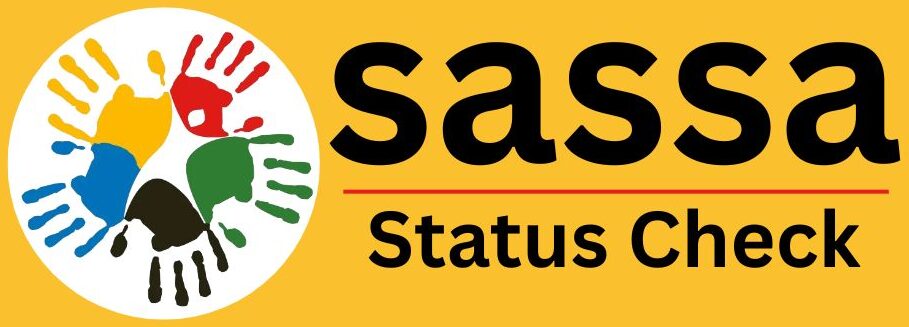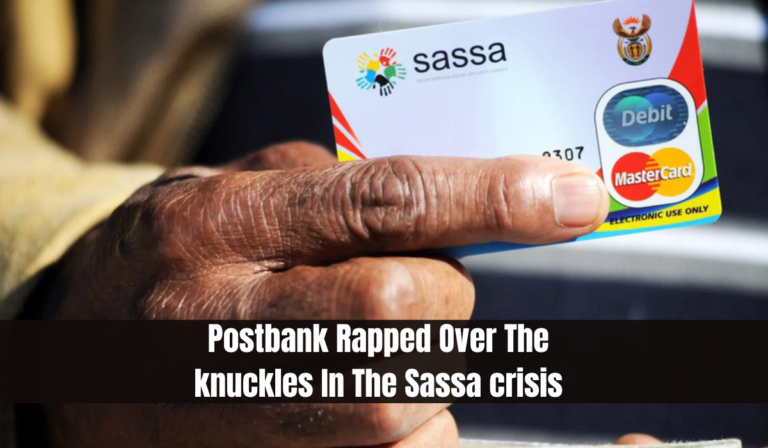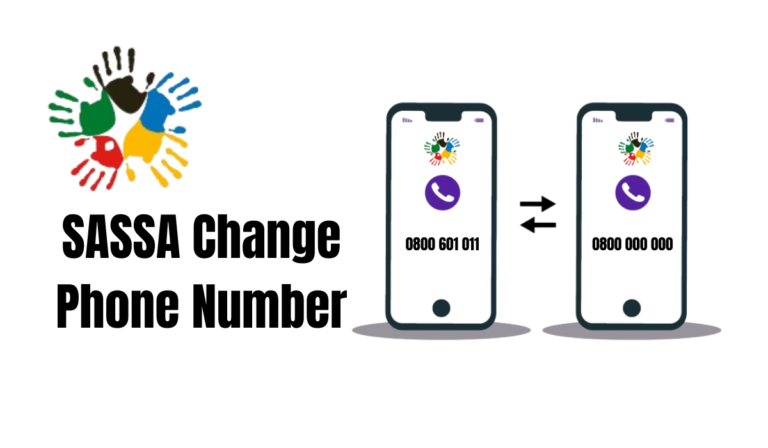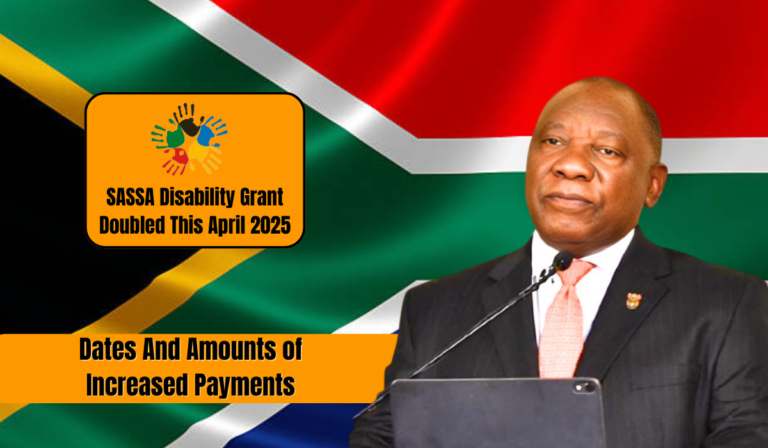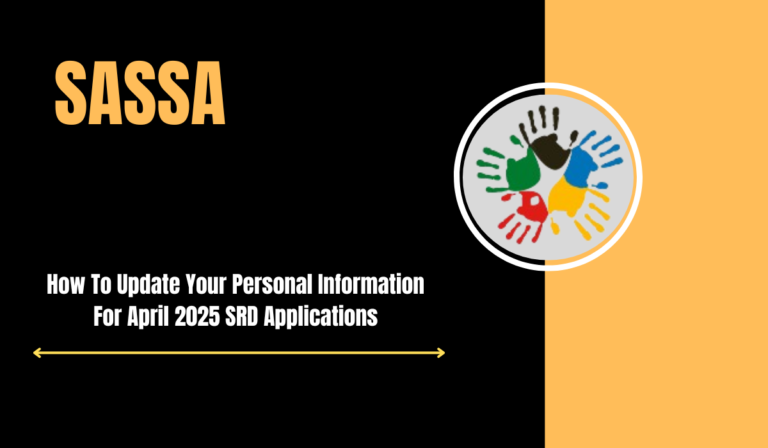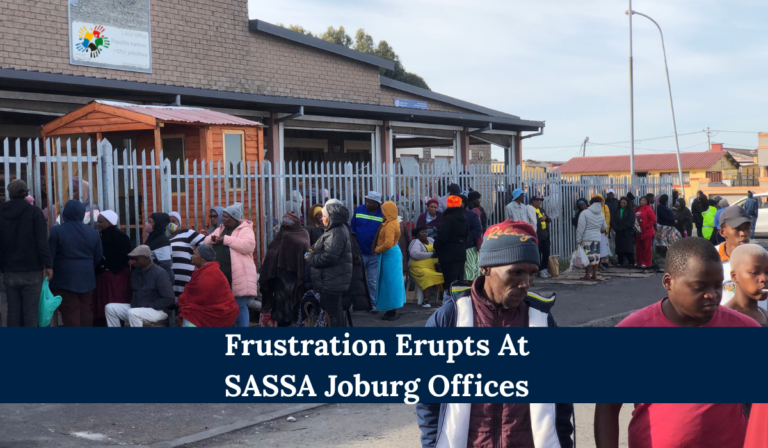How SASSA Beneficiaries Will Benefit From VAT Increase Cancellation

How SASSA Beneficiaries Will Benefit From VAT Increase Cancellation. In an unexpected but highly appreciated move, the South African government has reversed its decision to increase Value-Added Tax (VAT), which was initially planned to take effect on May 1, 2025. This change is a significant relief for millions of South Africans who rely on social assistance programs, particularly the beneficiaries of the South African Social Security Agency (SASSA) grants. These individuals, who are often among the country’s most economically vulnerable, stand to gain greatly from this cancellation.
VAT Hike Proposal
To fully appreciate the implications of this reversal, it’s crucial to understand the original VAT increase proposal. In an effort to bolster government revenue and address budget shortfalls, the South African government had planned to raise the VAT rate from 15% to 15.5% in 2025, with an eventual increase to 16% by 2026. This measure was projected to generate an additional R75 billion in revenue, which would be used to support various public services, including health, education, and social welfare.
While these funds would have helped cover the government’s growing budget deficit, the proposal raised concerns about its potential effects on the cost of living, especially for low-income South Africans. The government’s plan to increase VAT was seen as a way to increase fiscal sustainability in the country, but the move would have posed serious challenges for many households, particularly those dependent on social grants.
Why the VAT Reversal Matters for SASSA Beneficiaries
SASSA beneficiaries are some of the most economically vulnerable individuals in South Africa, relying on monthly social grants to meet their basic needs. These grants help cover essential costs such as food, electricity, and transportation, providing a financial lifeline for many families. Let’s take a closer look at how the cancellation of the VAT increase benefits these individuals.
1. Preservation of Purchasing Power
One of the key ways SASSA beneficiaries stand to benefit from the VAT increase cancellation is through the preservation of their purchasing power. For many grant recipients, the value of their monthly grants is already stretched thin, and any increase in the cost of basic goods and services would have reduced the real value of their financial support. If the VAT increase had gone ahead, the cost of everyday essentials like food and fuel would have risen, further eroding the purchasing power of these grants.
By keeping VAT at the current rate of 15%, beneficiaries will be able to maintain their purchasing power. This means that the amount of money they receive in grants will go further, helping them continue to meet their basic needs without facing an immediate increase in their cost of living. This is particularly important for families who are already grappling with inflation and rising prices for essential goods.
2. Stability in Grant Values
The government had already announced above-inflation increases for several social grants in April 2025, including the Old Age Grant. For example, the Old Age Grant for individuals aged 60 to 74 was set to increase by R130, bringing the total grant value to R2,310. Without the VAT increase, these adjustments will have the intended effect of improving the financial well-being of the beneficiaries, rather than being offset by higher consumption taxes.
If the VAT increase had proceeded, the value of these increases would have been somewhat neutralized, as the higher prices would have effectively cancelled out the benefit of the increased grants. By cancelling the VAT hike, the government ensures that the additional funds allocated to grant recipients will have their full intended impact, enhancing the quality of life for those who need it most.
3. Avoidance of Additional Financial Strain
Many SASSA beneficiaries support extended families and face significant financial challenges even without an increase in taxes. The proposed VAT hike would have only added to these difficulties, putting even more strain on households that are already struggling to make ends meet. For example, a household receiving social grants may have to support elderly parents, children, or even grandchildren, in addition to managing their own basic expenses.
The VAT increase would have meant that these families would have to spend more on essentials, leading to further financial instability. By cancelling the VAT increase, the government helps to shield these vulnerable families from added economic hardship, reducing the risk of pushing more households into poverty.
Broader Economic Implications
While the cancellation of the VAT increase is a significant win for SASSA beneficiaries, it does not come without its challenges. The government was initially banking on the additional R75 billion in revenue from the VAT hike to help address its budgetary concerns. With the cancellation of the increase, the government now faces the task of finding alternative sources of revenue or implementing spending cuts to make up for the shortfall.
The loss of this revenue could lead to difficult decisions in the future, including adjustments to public spending or the introduction of new taxes. However, this decision underscores the government’s commitment to protecting vulnerable populations during times of economic uncertainty. In many ways, the cancellation of the VAT increase can be seen as a move that prioritizes social stability and the well-being of citizens over short-term financial goals.
The Role of VAT in the South African Economy
To understand why the VAT reversal is so significant, it’s important to consider the role of VAT in the South African economy. VAT is a consumption tax levied on goods and services, and it is one of the government’s primary sources of revenue. As a relatively efficient tax, VAT is a key tool for financing public services and addressing national budgetary needs.
However, VAT is often criticized for being regressive, as it disproportionately affects lower-income households. This is because low-income individuals tend to spend a larger portion of their income on goods and services that are subject to VAT, while higher-income individuals may be able to save a larger portion of their income, reducing the impact of the tax.
The decision to cancel the VAT increase, therefore, reflects the government’s awareness of the regressive nature of this tax and its potential to exacerbate inequality. By cancelling the VAT hike, the government has made a conscious effort to avoid placing further strain on those already struggling to make ends meet.
What This Means for the Future of Social Grants
The cancellation of the VAT increase is also indicative of the government’s ongoing commitment to social welfare and the expansion of social grant programs. Over the past several years, South Africa has seen a significant increase in the number of individuals receiving social grants, and these programs have played a crucial role in reducing poverty and inequality in the country.
With the VAT increase cancellation, SASSA beneficiaries can rest assured that their financial support will remain stable and that their purchasing power will not be diminished by rising taxes. This is particularly important as the country grapples with ongoing economic challenges, including high unemployment rates and slow economic growth.
Looking ahead, it is possible that the government will explore alternative ways to fund its social programs and address its budget shortfalls. This could include a combination of targeted tax reforms, increased efforts to combat tax evasion, and spending cuts in non-essential areas.
Conclusion
In conclusion, the cancellation of the proposed VAT increase is a significant win for SASSA beneficiaries and a much-needed reprieve for millions of South Africans who rely on social grants to meet their basic needs. By preserving the value of these grants, the government has ensured that the most vulnerable members of society will not bear the burden of increased living costs.
